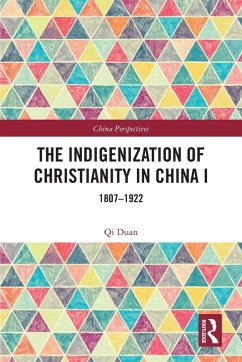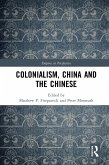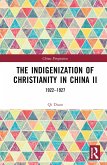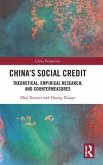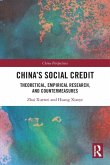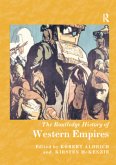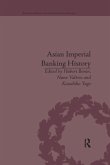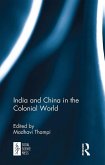As the first volume of a three-volume set on the indigenization of Christianity in modern China, this book focuses on the presence of Christianity during the late Qing dynasty and the early twentieth century, discussing the early waves of Christian influence key watersheds in its history.
Over the course of its growth in modern China, Christianity has faced twists and turns in its embedding in Chinese society and indigenous culture. This three-volume book delineates the genesis and trajectory of Christianity's indigenization in China over the course of the nineteenth and twentieth centuries, highlighting the actions of Chinese Christians and the relationship between the development of Christianity and modern Chinese history. In this volume, the author discusses early missionary works from both foreign missionaries and local churches, both of which were influential in rendering Christianity more present and influential in China and which paved the way for further indigenization. The book then expounds on the thoughts and practices of indigenizing Christianity prompted by historical events in the early twentieth century, including the independent movement of the Chinese Christian Church and religious reforms that were undertaken to reach greater accommodation with Chinese society.
The book will appeal to scholars and students interested in the history of Christianity in China and modern Chinese history.
Over the course of its growth in modern China, Christianity has faced twists and turns in its embedding in Chinese society and indigenous culture. This three-volume book delineates the genesis and trajectory of Christianity's indigenization in China over the course of the nineteenth and twentieth centuries, highlighting the actions of Chinese Christians and the relationship between the development of Christianity and modern Chinese history. In this volume, the author discusses early missionary works from both foreign missionaries and local churches, both of which were influential in rendering Christianity more present and influential in China and which paved the way for further indigenization. The book then expounds on the thoughts and practices of indigenizing Christianity prompted by historical events in the early twentieth century, including the independent movement of the Chinese Christian Church and religious reforms that were undertaken to reach greater accommodation with Chinese society.
The book will appeal to scholars and students interested in the history of Christianity in China and modern Chinese history.

